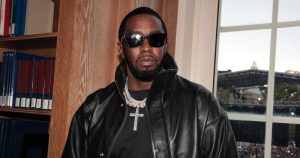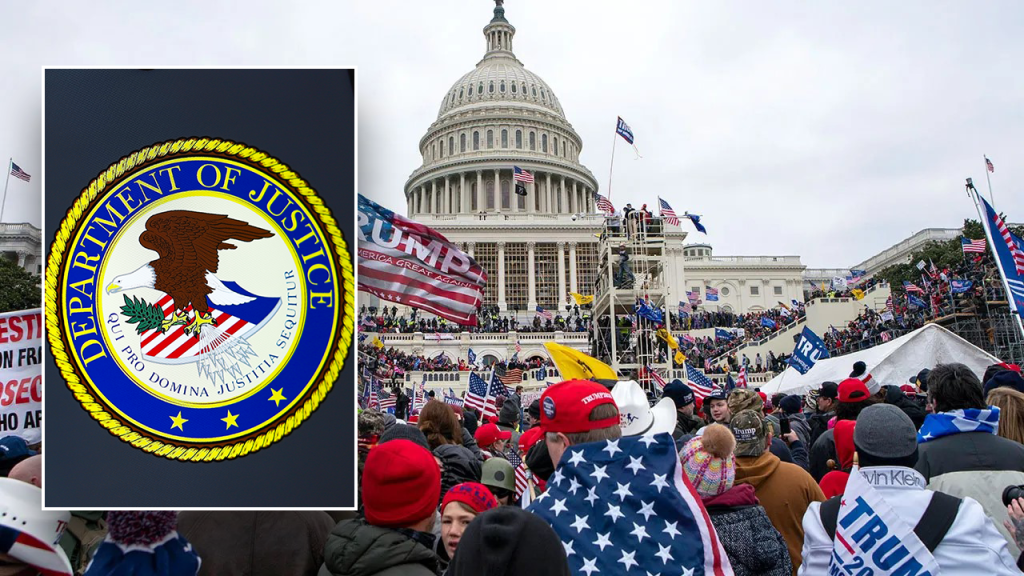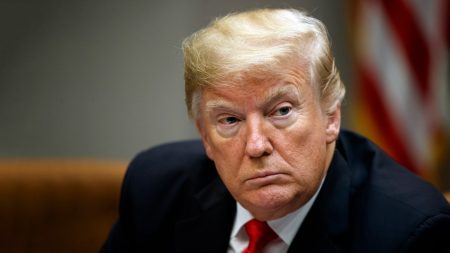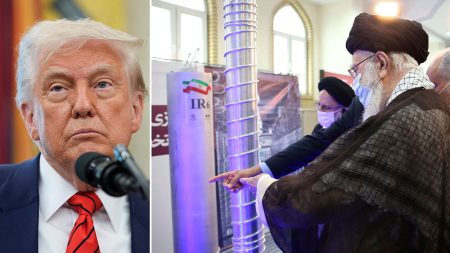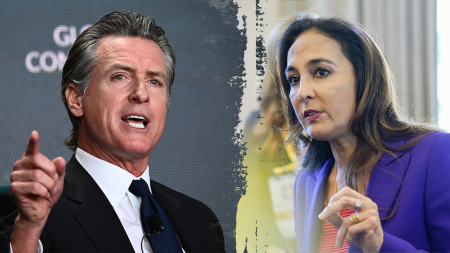The upcoming presidential inauguration has sparked a legal battle between the Department of Justice (DOJ) and several individuals convicted for their involvement in the January 6th Capitol riot. At the heart of the contention are requests from these individuals to be allowed to return to Washington D.C. for the inauguration, despite court-ordered restrictions prohibiting them from being in the capital. The DOJ is vehemently opposing these requests, arguing that these individuals pose a continued threat to the city and particularly to law enforcement. This situation underscores the ongoing tension surrounding the January 6th events and the potential for future unrest.
The DOJ’s opposition is particularly strong in the cases of Cindy Young and Russell Taylor. Young, convicted of four misdemeanors, has been vocal in her calls for retribution against those involved in the January 6th prosecutions, a stance the DOJ highlights as evidence of her continued danger to the community. Taylor, who pleaded guilty to a felony conspiracy charge, has requested permission to attend the inauguration at the invitation of members of Utah’s congressional delegation. However, prosecutors argue that the gravity of his crime, coupled with the fact that the inauguration is taking place at the “scene of the crime,” warrants denial of his request. The DOJ emphasizes the seriousness of the offenses committed by these individuals and their continued lack of remorse.
Contrasting these denials, another January 6th defendant, Eric Peterson, who was convicted of a misdemeanor, has received judicial approval to travel to Washington D.C. for the inauguration. This discrepancy highlights the varied approaches taken by different judges in handling these requests, and the absence of a uniform policy regarding travel restrictions for January 6th defendants. The DOJ’s apparent lack of opposition in Peterson’s case, as evidenced by the absence of filings urging denial, further adds to the complexity of the situation and raises questions about the criteria used in evaluating these requests.
The DOJ’s arguments against Young and Taylor’s requests emphasize the need to prioritize public safety and the security of law enforcement officers, especially given the heightened security concerns surrounding a presidential inauguration. They argue that allowing these individuals to return to the capital, particularly in the context of a politically charged event, could potentially escalate tensions and create a risk of further violence. The DOJ stresses that the inauguration is a significant event requiring extensive security measures, and the presence of individuals with a history of violence and disruptive behavior could jeopardize these efforts.
The situation is further complicated by the looming possibility of presidential pardons for January 6th defendants. While the prospect of pardons remains uncertain, it has introduced an additional layer of complexity to the legal proceedings and the broader discourse surrounding the January 6th events. The potential for pardons raises questions about accountability and the message it sends to those who engaged in unlawful activities during the Capitol riot. This uncertainty also adds to the tension surrounding the inauguration, as the prospect of pardons could be seen as either a gesture of reconciliation or a further incitement depending on one’s political perspective.
The DOJ’s efforts to prevent certain January 6th defendants from attending the inauguration reflect a broader concern about maintaining security and upholding the rule of law. The department’s arguments highlight the need to balance the individual rights of these defendants with the broader need to protect the community and ensure a peaceful transition of power. The varying judicial responses to these requests underscore the complexities of navigating these legal and political considerations in the aftermath of the January 6th events. The inauguration itself serves as a backdrop against which these tensions continue to play out, raising questions about the long-term consequences of the Capitol riot and the future of American democracy.
